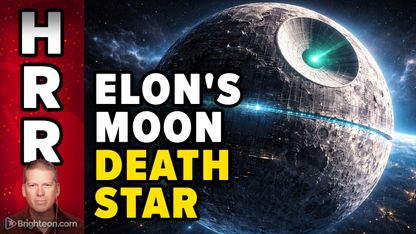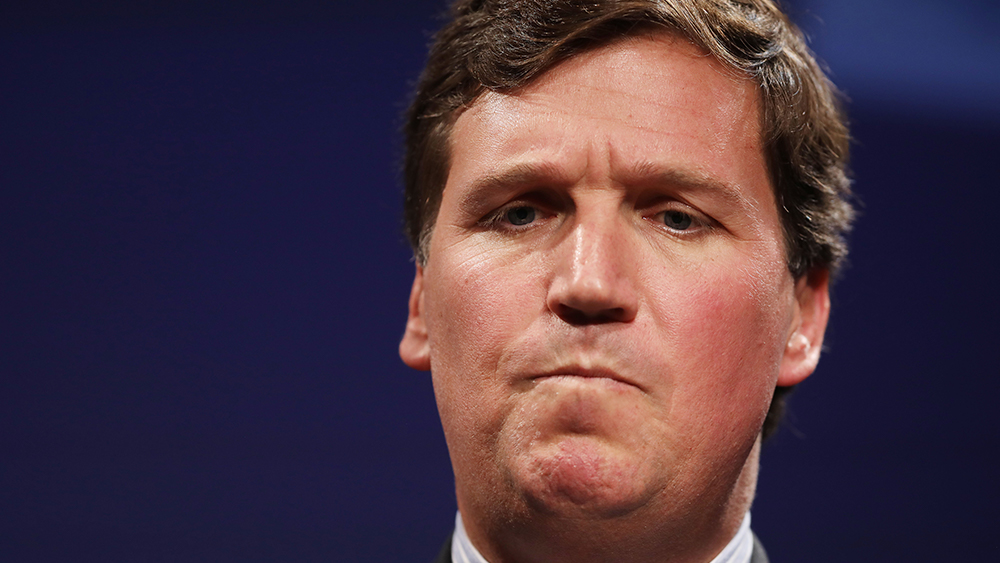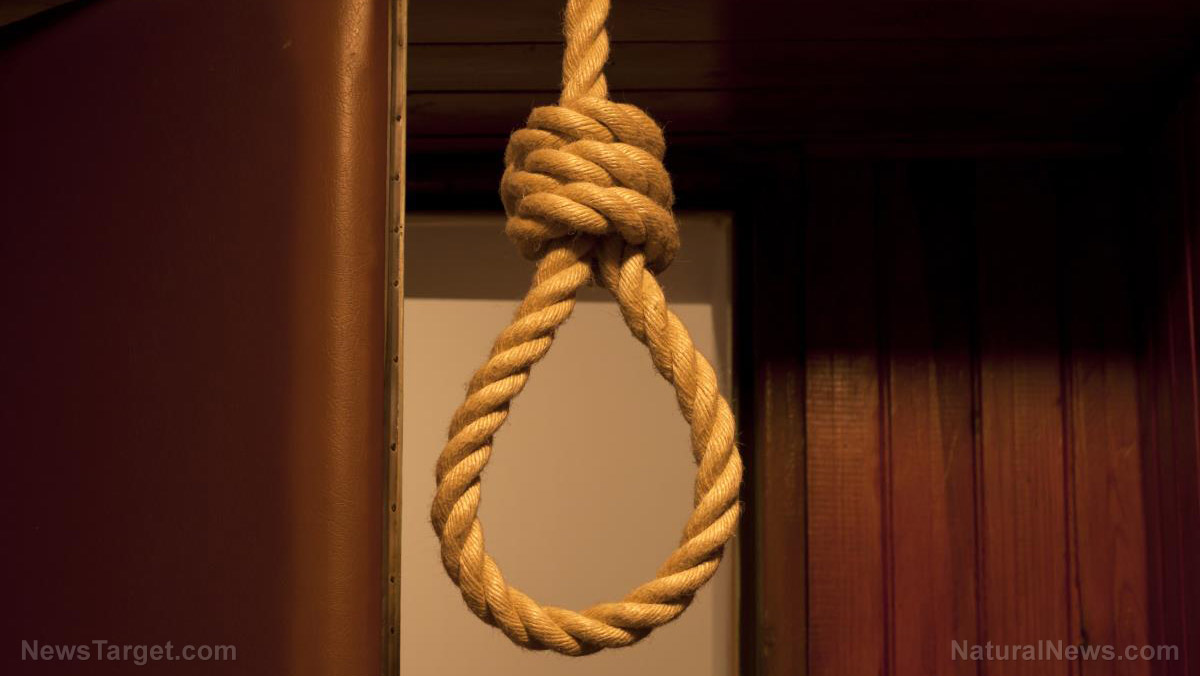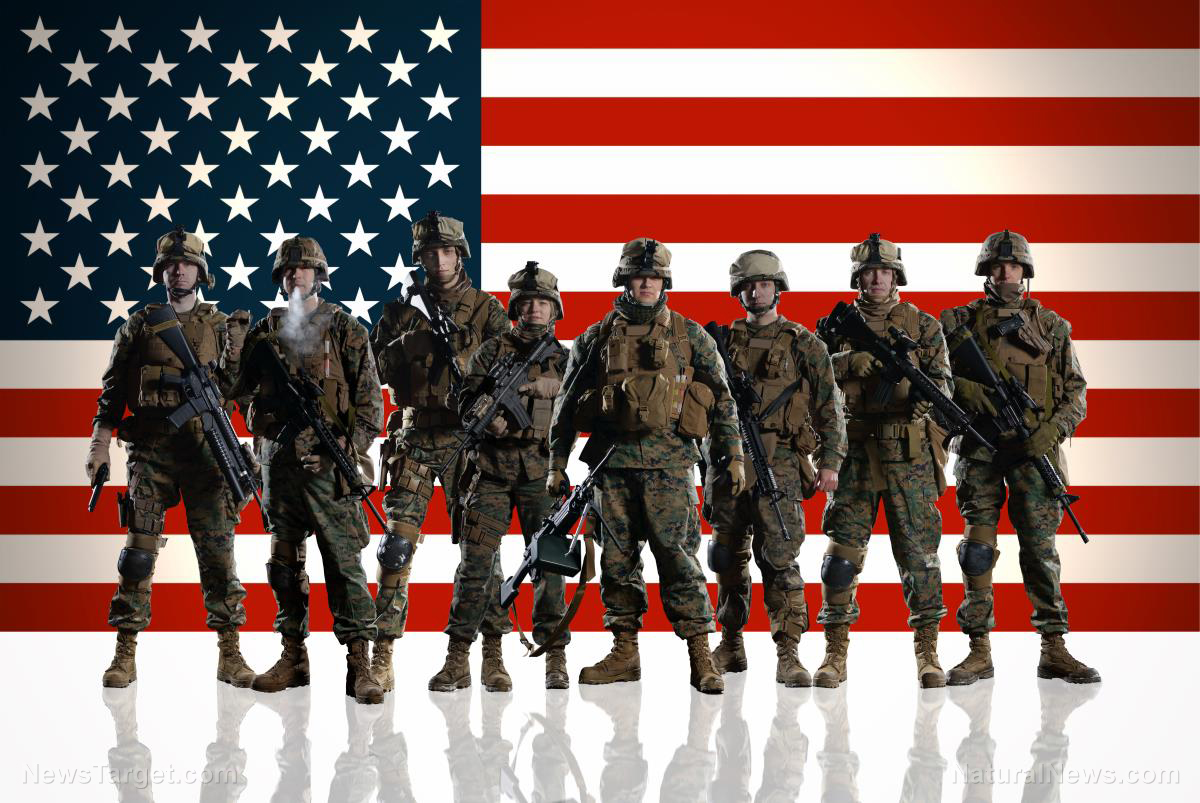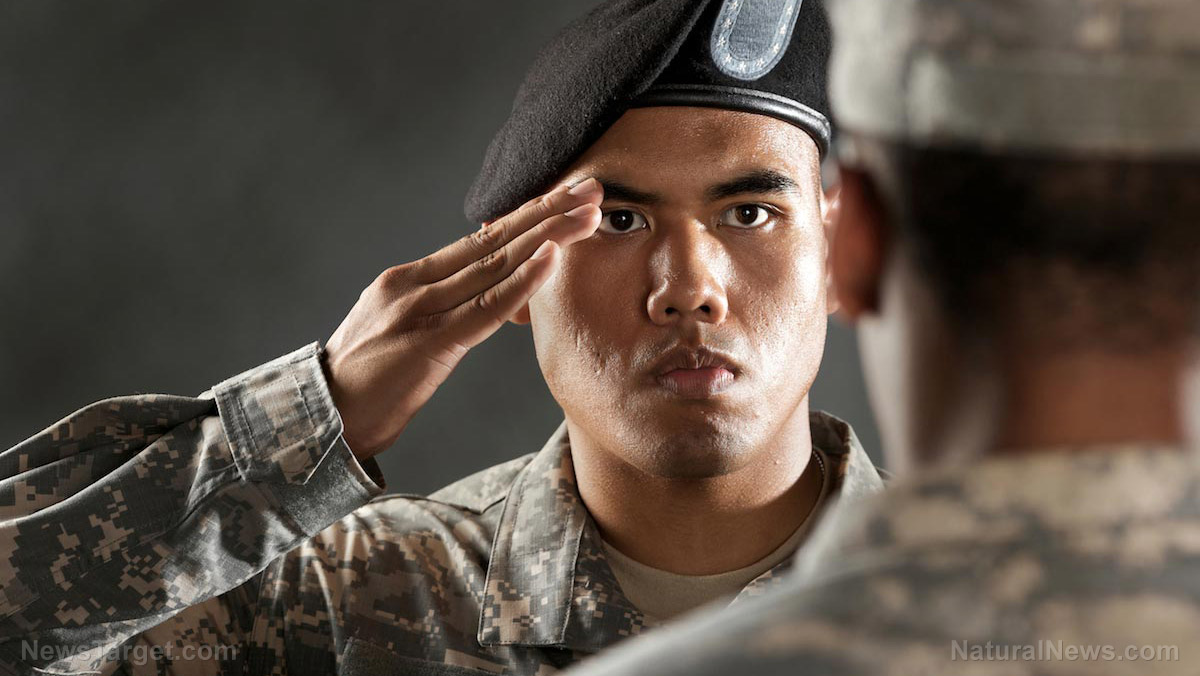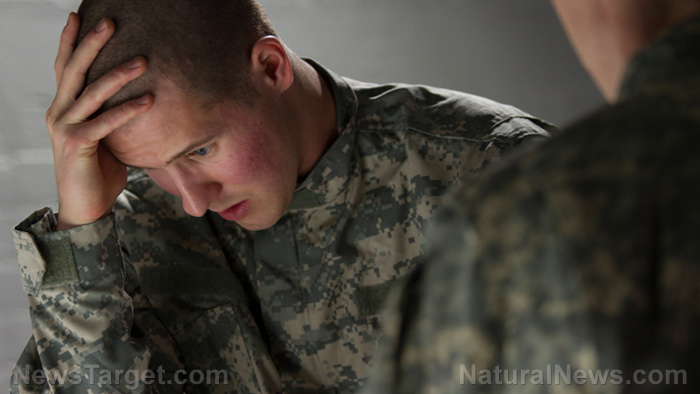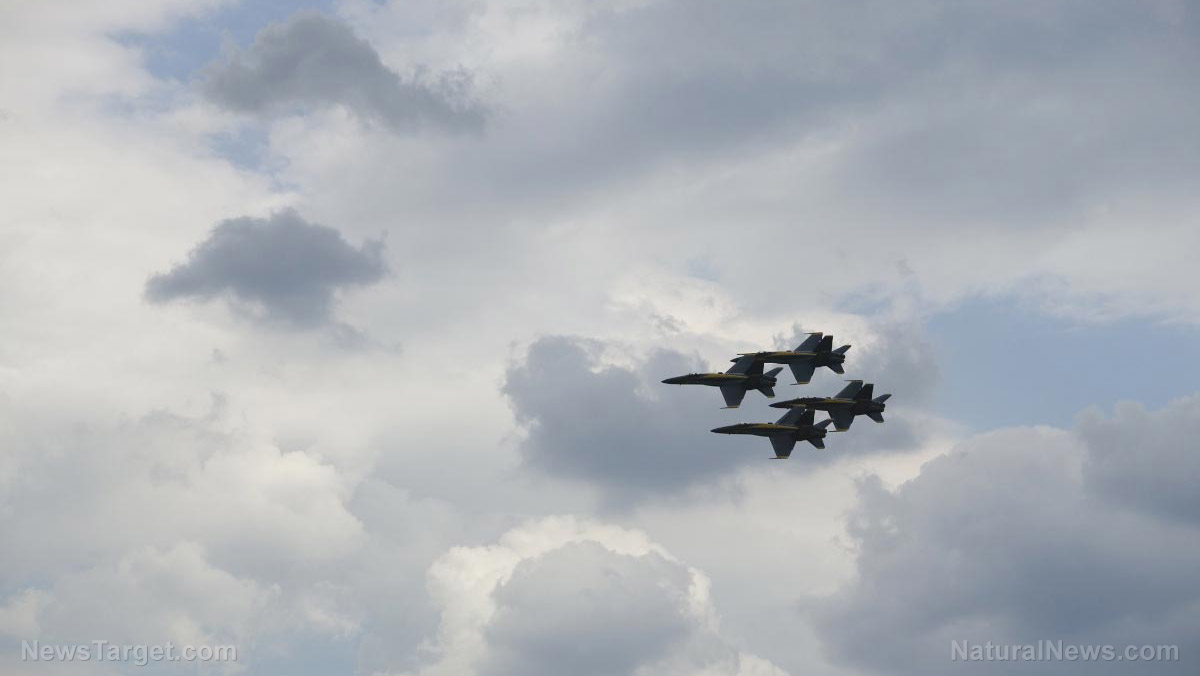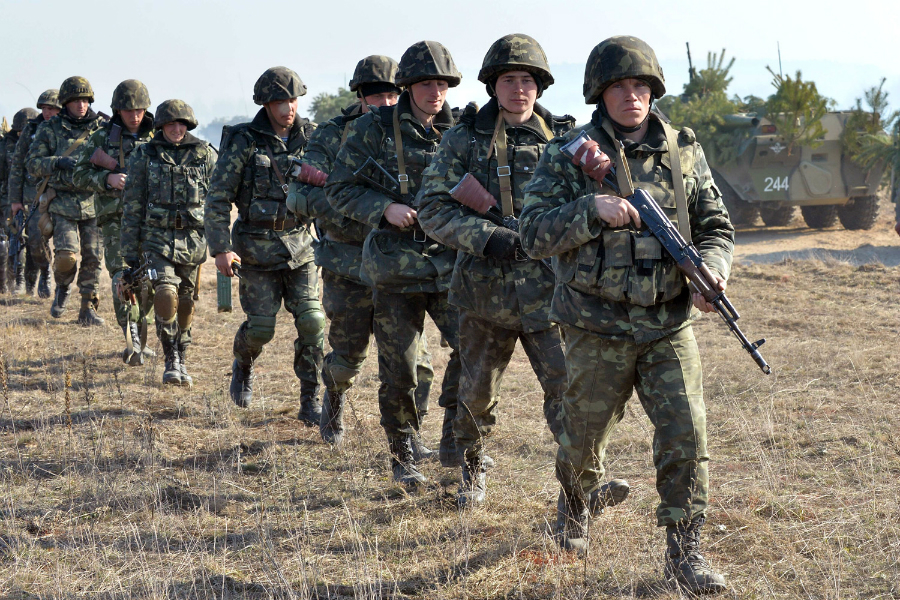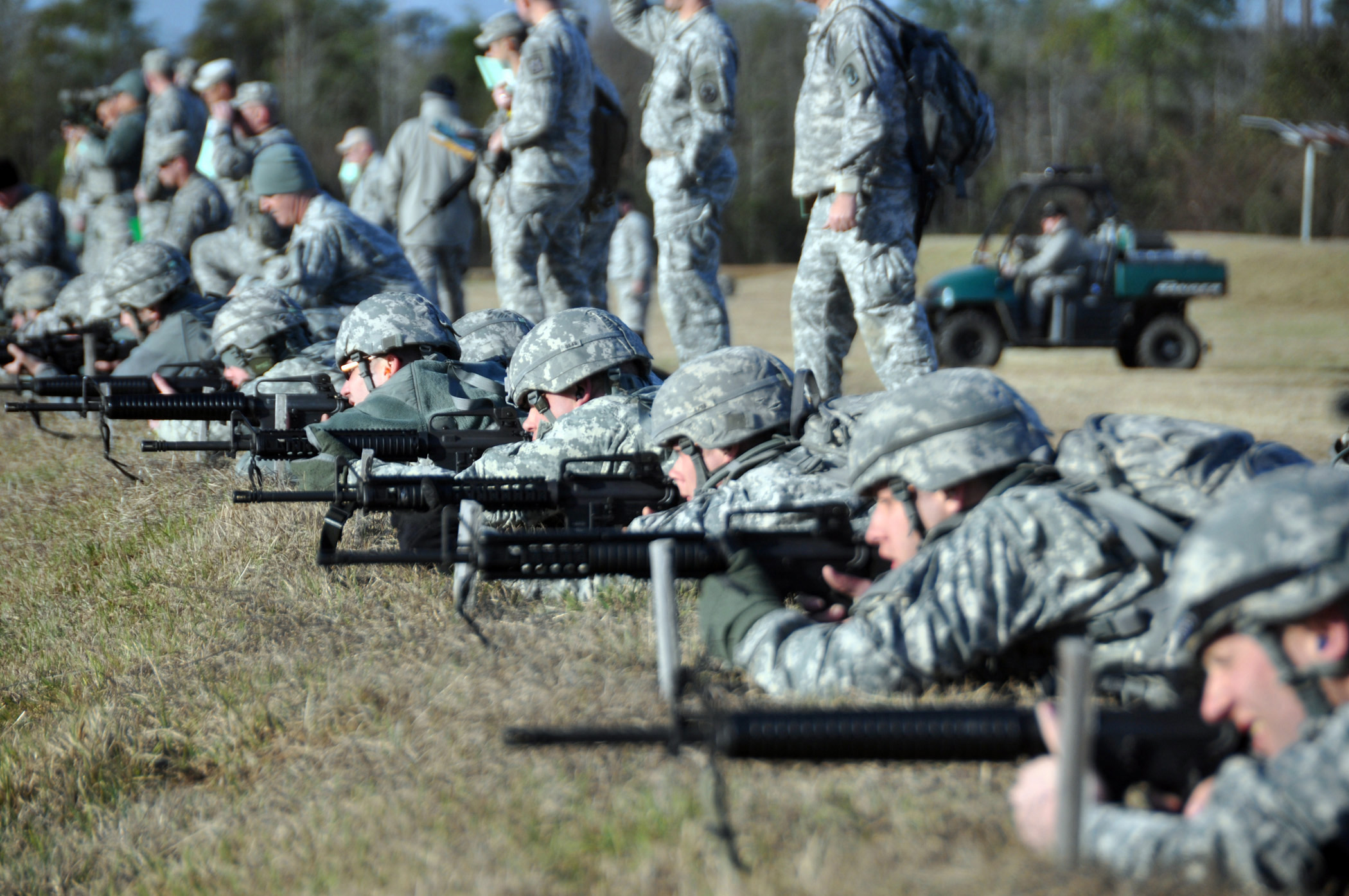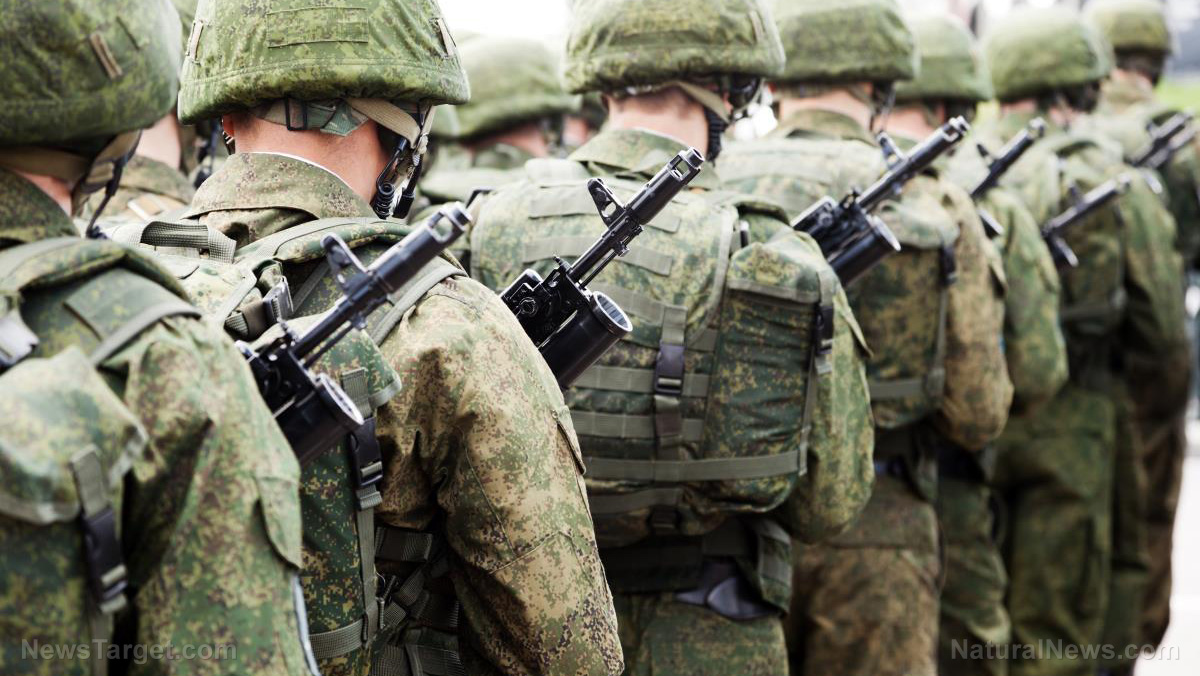
The Department of Defense (DoD) reported that almost 75 percent of military personnel turned down the Wuhan coronavirus vaccine. According to Pentagon officials, the vaccination being voluntary for members of the armed services is the main reason COVID-19 vaccination rates are low. But despite these figures, the Pentagon denied it was covering up exact data.
Top military figures presented the data to the House Armed Services Committee in a Feb. 17 hearing. Joint Chiefs of Staff Vice Director of Operations Maj. Gen. Jeff Taliaferro told lawmakers that vaccine rejection figures in the military were "somewhere in the two-thirds territory" and can vary by different groups. However, he noted that the data only indicates the initial findings and is not conclusive.
Taliaferro noted that some troops are refusing to get vaccinated against COVID-19 because they are not required to take it. Getting the Wuhan coronavirus vaccine is voluntary for the armed forces and top military officials believe that is the right course of action to take. The National Guard Bureau Operations Director Maj. Gen. Steven Nordhaus later added that the National Guard had vaccine reception rates similar to that of the military.
The military's vice director of operations told lawmakers that the Pentagon received about 916,000 doses of the COVID-19 vaccine. Acting Defense Secretary for Homeland Defense and Global Security Robert Salesses added that 359,000 troops have received the first dose and 147,000 have completed their immunization schedule.
Pentagon officials present during the hearing remarked that the DoD would finish vaccinating military personnel, civilian staff and contractor workforce by late July or early August. They said vaccination would initially be voluntary because the Food and Drug Administration (FDA) has not fully approved it yet. However, military leaders have encouraged personnel to get the jab. "We believe that, of course, the vaccine is the right thing to do. It's clearly safe for service members, and we need to continue to educate our force and help them understand the benefits."
The Pentagon denied concealing vaccine-related data amid rumors of a cover-up
Both Republican and Democrat lawmakers voiced concerns about three issues – the pace of vaccinations, the number of troops opting out of the jab and the impact of personnel turning down vaccines on military readiness.
Rep. Mike Rogers (R-AL), House Armed Services Committee ranking member, said in his opening statement: "It's critical for our national security that every service member, as well as DoD civilian personnel and contractors, receive vaccines as soon as possible."
The Pentagon has not previously indicated how many troops declined the vaccine, leading to allegations that the Defense Department is concealing data from the public. Pentagon spokesman John Kirby shot down rumors of a cover-up involving DoD officials on Feb. 17. He told reporters that the department does not have a system in place to monitor the number of troops turning down COVID-19 jabs.
"Nobody is hiding data," the spokesman commented. "We don't have a system in place across the services to specifically track data with respect to those individuals who, for whatever reason, are declining."
He also clarified that House officials were referring to broad data showing that the military's vaccine acceptance rates reflect that of American society as a whole.
Vaccine hesitancy being prevalent in the armed forces starkly contrasts with the military's projected role in mass COVID-19 immunization programs. Back in January, newly appointed Centers for Disease Control and Prevention (CDC) Director Dr. Rochelle Walensky said the public health body would commission military personnel for the country's mass vaccination program.
The CDC head told Good Morning America last Jan. 19: "We need to make sure we have the people … on the ground. We're going to commission military medical personnel, [and] we're going to look at upper level nursing students and medical students." Walensky's comments followed President Joe Biden's plan to vaccinate 100 million Americans on his first 100 days in office. (Related: Biden orders TROOPS to administer coronavirus vaccines in California as military is repurposed for genocide.)
Vaccines.news has more about COVID-19 immunization programs in the armed forces.
Sources include:
Please contact us for more information.


